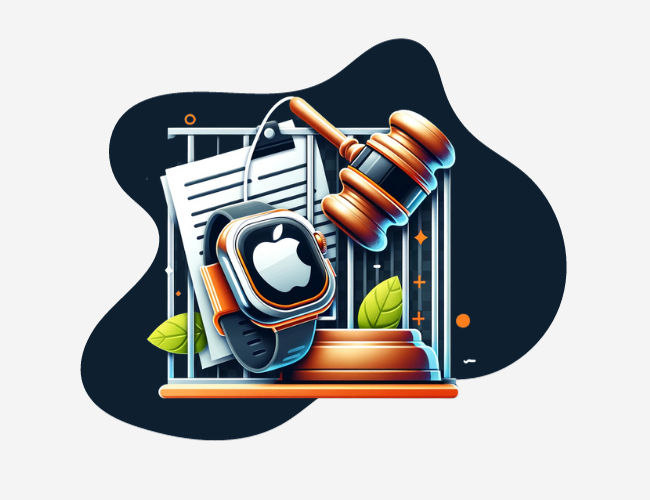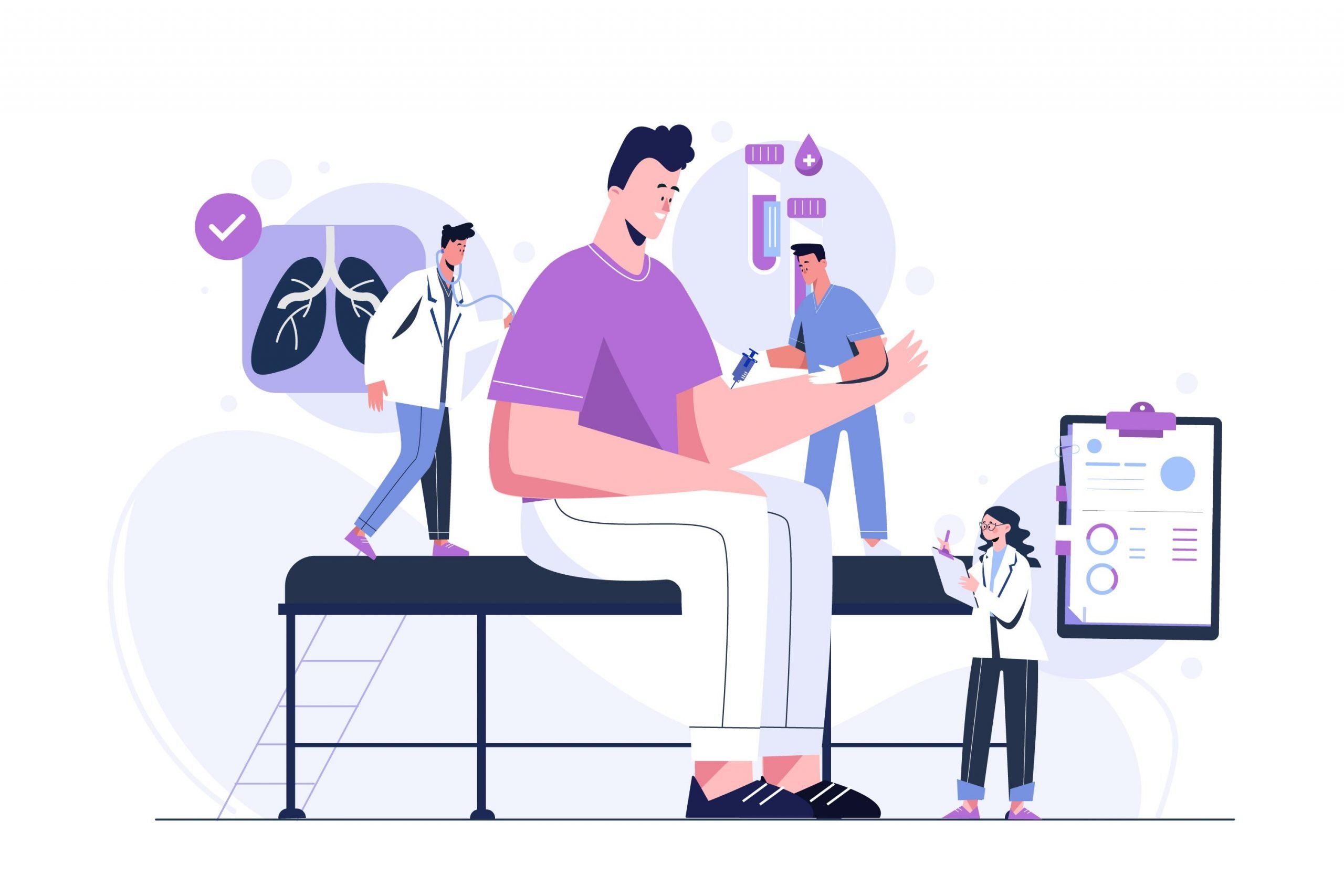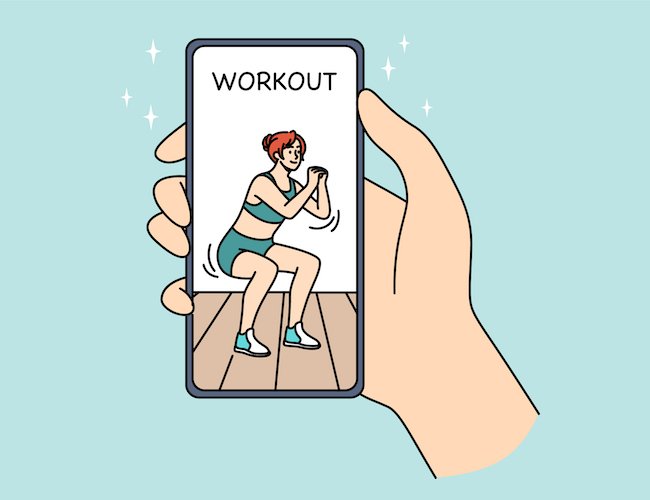Health worries can cause a lot of unnecessary stress for many people. Reason would state that this concern would translate to more proactive and professional management of health-related issues. In reality, that’s not always the case. Instead, many individuals attempt to deal with health issues on their own.
Health insurance provider Aetna surveyed over 4,000 office workers in the UK, US, UAE, and Singapore about their health engagement and online search habits. Four out of five employees reported that they turn to the internet first at the onset of symptoms. Roughly 40% of workers opt to search for information about their health concerns online and self-medicate, rather than visit a doctor. This is even despite the same number of people reporting that online search makes them more anxious about seeking professional care. Another 43% of those surveyed reported a similar approach that involved investigating symptoms online before visiting a professional.
Partly, this may be due to health-related anxiety. Nearly a quarter reported that they were worried about their health, but they were too worried to actually schedule a doctor visit. Forty percent said they had long-term health concerns but had not seen a health practitioner in the past year. Many more workers were unaware of the current state of their physical health, with no knowledge of their current body fat percentage (41%), cholesterol level (67%), or blood pressure (37%).
This data suggests that a high level of concern does not translate into direct action, such as seeking out a professional for diagnosis or treatment. It also suggests that most employees are at risk of making poor medical decisions, based on incorrect or misleading information found online. This inaction coupled with misinformation can have serious consequences on their well-being. However, employer programs may be able to change this pattern.
Motivate Workers To Make Health-Conscious Decisions
Employers can engage workers in managing their own health. Over a third of workers in Aetna’s survey reported that they would be more likely to book doctor visits and other appointments through an app or online tool. They’d also like to track their personal health data online or with an app. People prefer the ease of use that technology provides and incorporating these resources and tools into an employee wellness program helps facilitate healthy decisions.
Survey respondents also expressed work-related concerns kept them from being more proactive about their health. A third reported that they didn’t have the time to be ill at work. Twenty-one percent said they were unable to take off work for appointments, and nearly half (46%) said that they would be more likely to schedule a doctor visit if it were easier to take time off of work. By allowing a sufficient number of sick days or flexible schedule options, employees will be less likely to delay medical treatment and more likely to prioritize their wellness concerns. Additionally, they’ll feel less stressed about taking time off for their health when they know it is acceptable.
While appointment booking tools and extra sick days are not particularly difficult to implement, there is an even easier way to encourage employees to take action with their health. Over a quarter of survey respondents expressed that motivation from their boss would better inspire them to take a greater interest in their health.
Implement A Reliable Health Content Solution
Encouraging employers to be proactive is one way to avoid a misdiagnosis or delay of treatment. Nonetheless, many people will still turn to the internet for information at some point. Companies still need to tackle misinformation. One of the best ways employers can steer their workers in the right direction is with an effective health content solution. Providing accurate, evidence-based resources to wellness-related topics is the best way to ensure that workers won’t be misled by bad or unreliable advice.
Wellable’s Health Content solution offers this much-needed information along with delivery options that make it convenient and accessible, such as email newsletters and text messages. Wellable also includes timely advice and a broad variety of topics to meet each individual’s needs. With a health content solution, workers will find themselves better equipped to improve their overall well-being. Employers can also use Wellable to track and reward employees for getting an annual physical or completing a personal wellness assessment, which will help identify areas where employees can make healthier decisions and ways to improve their well-being.












